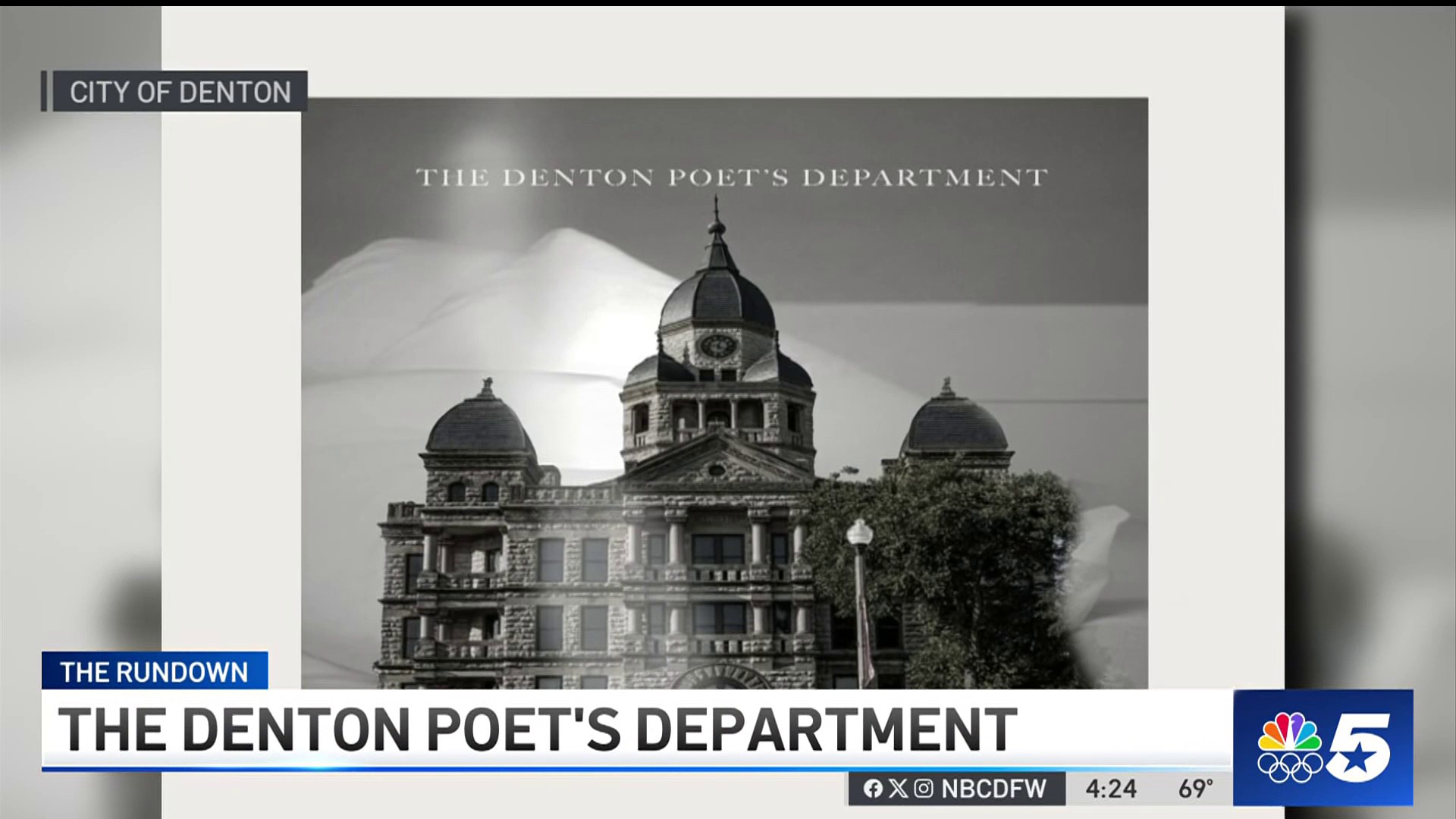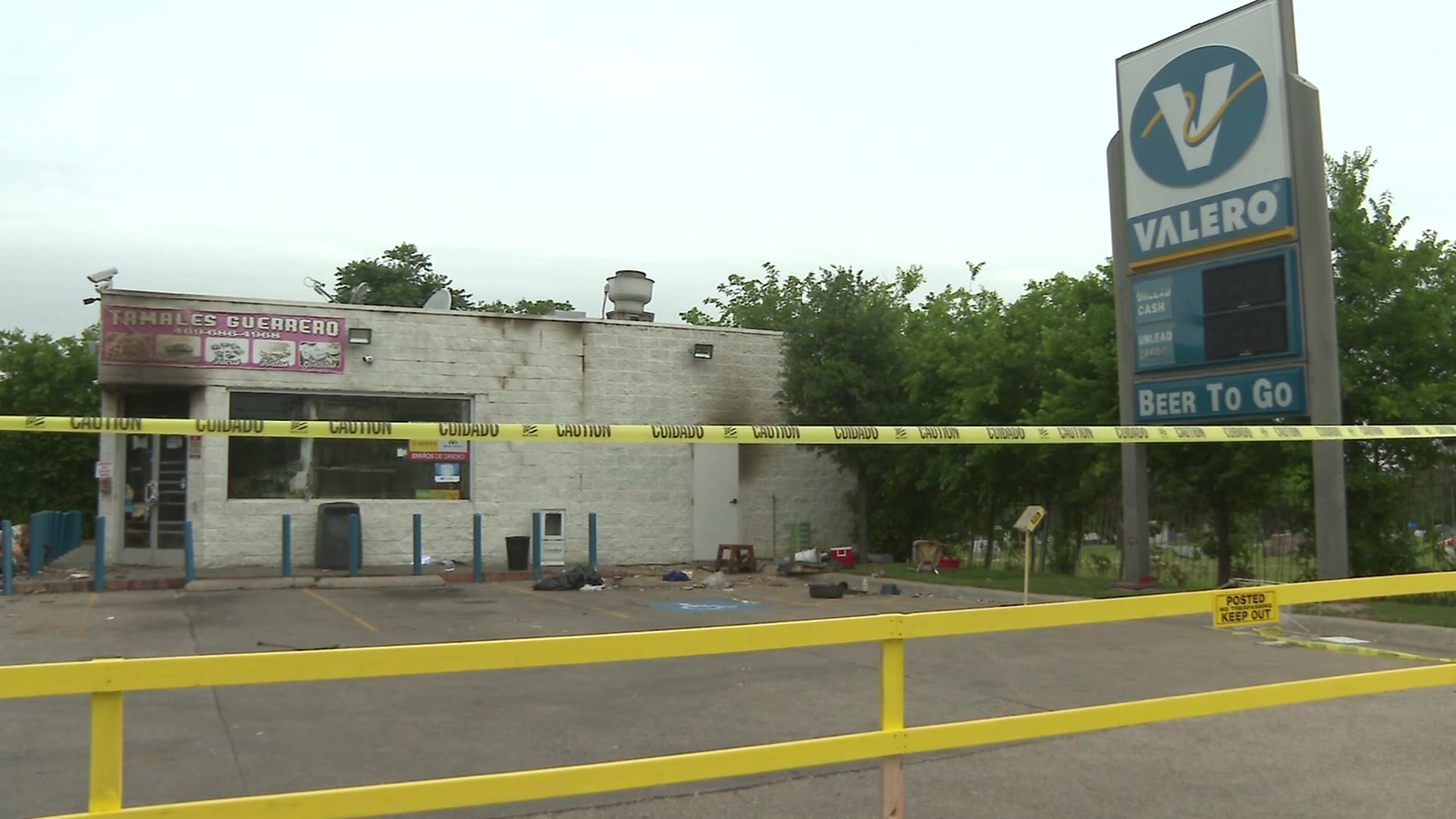Texas lawmakers and top business leaders vowed Tuesday to kill two proposed constitutional amendments they say will promote anti-gay discrimination and could lead to backlash similar to recent reactions in Indiana and Arkansas.
Opponents say the proposals, sponsored by Republicans Rep. Matt Krause and Sen. Donna Campbell, would morph the business-friendly Lone Star State into a costly state for corporations and negatively affect tourism.
Texas' Religious Freedom Restoration Act of 1999 allows a Texas resident to sue state and local governments if he or she feels that a government entity is burdening their religious beliefs or practices. Lauded as "carefully crafted" by gay rights advocates, the act explicitly states it cannot be used to undermine federal or state civil rights or take precedence over local ordinances.
The proposed amendments do not explicitly say the law can't be used to justify discrimination based on sexual orientation, mirroring the original language of the laws passed recently in Indiana and Arkansas that sparked boycotts and strong opposition. Those states' Republican-controlled legislatures both revised their laws last week.
Krause said his proposed amendment would give constitutional strength to Texas' law. It would also trump local laws, including cities' nondiscrimination ordinances already in place, such as Houston, Dallas, Austin and San Antonio.
Dozens of states have similar religious freedom laws, largely modeled after a federal law enacted in 1993 with broad bipartisan support. Texas is one of 29 states that have no protections for gays and lesbians in nondiscrimination laws. Similar debates are going on in other statehouses, as Republican governors in Michigan and North Dakota are urging lawmakers to extend anti-discrimination protections for gays.
Flanked by Democratic lawmakers at a news conference, Texas Association of Business' Chief Executive Officer Bill Hammond called the GOP-backed measures "misguided legislation."
Local
The latest news from around North Texas.
Dallas Democratic Rep. Rafael Anchia said that, like in Indiana and Arkansas, people in Texas are concerned about the economy. He added a bipartisan group of legislators "will stop this thing in the House."
Krause said he's still confident in his proposal. He said the amendments wouldn't change the protections already in the act. "Our system's worked well for 16 years," he said Tuesday.
But others fear that's not the case.
Under current law, a governmental entity facing a civil rights lawsuit cannot use religious liberty as a defense, according to Rebecca Robertson, legal and policy director of the American Civil Liberties Union of Texas.
"The constitutional amendments would sweep away that language," Robertson said.
Texas Attorney General Ken Paxton spoke to the Liberty Institute in North Texas on Tuesday, and part of his speech was about religious freedom. Paxton said he believes you should not be forced to do something you don't believe in.
“What we are mostly trying to guard against is just protecting peoples' religious expression. So if a cakemaker, like happened in Oregon, didn’t want to go to a same-sex wedding and serve a cake they ought to have to have the freedom to do that, just like someone who is Jewish shouldn’t have to serve someone who denies the Holocaust,” said Paxton.
When asked if a gay couple went to a restaurant and somebody there didn’t want to serve them, Paxton offered the following response.
“I don’t think that is what any of those laws do. It is about personal religious expression and whether you are going to be forced to personally be involved in something you don’t believe in. And I don’t think, no matter what your religion, you should be forced to do that. And that is what the First Amendment has always been about,” said Paxton.
If the amendments clear committees -- neither proposal is set for a hearing yet -- they would require approval by two-thirds of the Legislature and the governor. Finally, they would face approval from Texas voters.
Kathy Miller, president of the advocacy group Texas Freedom Network, said the amendments are dangerous, but 18 other bills would open the door for even more discrimination. Some proposals target local nondiscrimination ordinances, while others would prohibit ax dollars from being used to license, register or recognize same-sex marriage licenses.
"They go further than the irresponsible bills that sparked the backlash in Indiana and Arkansas," she said. "These bills are bad for Texas."
NBC 5's Julie Fine contributed to this report.



